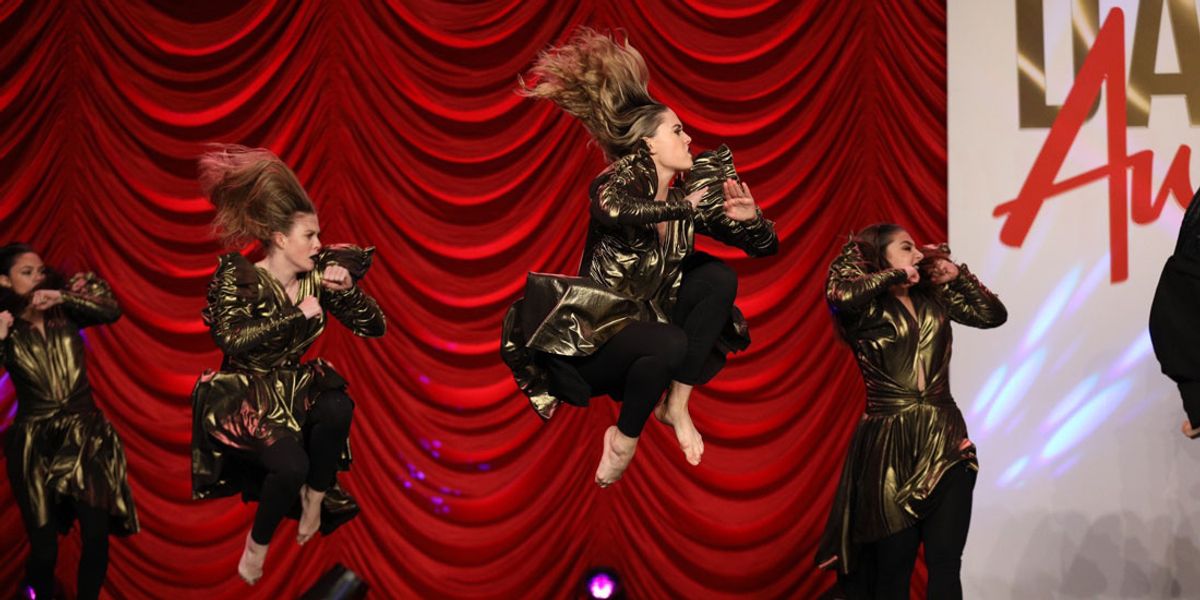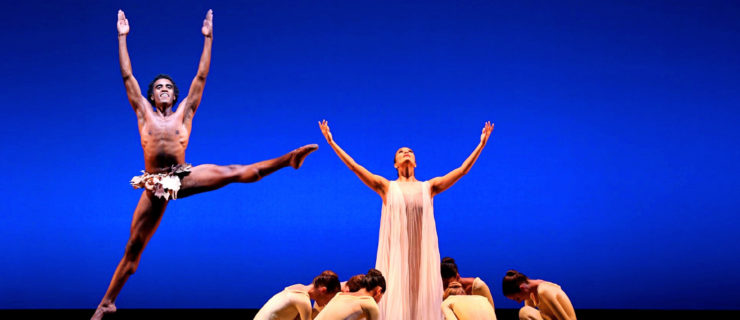How to Stay Motivated When You Just Don't Feel Like Dancing
No matter how committed you are to dance, there’s no denying that training can be grueling. Sometimes it’s physically exhausting; sometimes it’s mind-numbingly repetitive; sometimes, like during the annual Nutcracker run, it’s both. How can you ensure that your love for dance will survive these difficult moments, when you just don’t feel like spending yet another day in the studio? Here’s how to keep yourself motivated when the going gets tough.
Take Time for Yourself and Your Body
Frequently, mental burnout is directly connected to physical overwork, and means that your body needs rest. When ballet student Tyler Wright’s recurring injuries caused him to miss out on performing the role of the Prince in The Nutcracker with iconic ballerina Tiler Peck, he knew it was time to change his approach to training. “Even if it’s just for five minutes before bed, I now check in with my body every day, so I know what areas may feel weak or strained,” Tyler explains. This kind of scan can help you determine which exercises you might need to sit out to make sure your body can heal. It can also help you set goals for areas to strengthen, giving you a new sense of purpose in the studio.
Look at the big picture, too: Do you take mental and physical breaks throughout the year? Have you struck a healthy balance between schoolwork and dance training? “Many students quit dance in high school because their schedule has no downtime,” explains Sue Sampson-Dalena of The Dance Studio of Fresno. She always asks her dancers to be honest about how many competition dances they feel they can handle throughout the year, with some just choosing two or three rather than six.

Tyler Wright of Next Generation Ballet performing a solo from “Le Corsaire” (Soho Images, courtesy Next Generation Ballet)
Explore and Connect
If you can’t remember why you fell in love with dance in the first place, try resetting your perspective. Attend a professional dance performance, take a master class in an unfamiliar dance style, or explore your local art museum. Engaging with the art world in new ways will stimulate different parts of your creative brain.
Sometimes, a lack of motivation comes from feelings of isolation and competition in your dance classes. Try scheduling a nondance activity with your dance friends once a week—a yoga class, or an afternoon of volunteering—to help everyone bond in a neutral environment. “Productions like the The Nutcracker can breed competition and jealousy, so you don’t feel like you can be supportive of each other,” explains psychologist Dr. Nadine Kaslow. “Really focus on connecting with your cast members.”

Students from Dance Studio of Fresno performing at The Dance Awards (courtesy Break the Floor Productions)
Practice Positivity
Cultivating a positive mind-set will help you stay motivated throughout long rehearsals and performances. “Try to stay present in each rehearsal. If you feel like your part is boring, learn other parts and mark them on the side,” suggests Dr. Kaslow. Pay attention to how you’re mentally speaking to yourself in rehearsal. Do you keep your thoughts positive (“I’m going to go for that triple pirouette today!”) rather than negative (“I’ll never pirouette as well as she does!”)?
For long performance runs, see if friends and family can attend on different nights, so you always have a friendly face in the crowd. And find different nuances in each performance. “It can be as little as adding a different facial expression in one part, but I love to try to get different reactions out of the crowd,” says Tyler.

Tyler performing in George Balanchine’s “Western Symphony” (Soho Images, courtesy Next Generation Ballet)
Ask the Difficult Questions
If things are so bad you’re thinking about quitting dance, sit with that feeling for a while. “Imagine yourself not dancing for months—how would you feel? Do you have other activities that you would rather do in place of dance?” says Dr. Kaslow.
If, after that evaluation, you think a temporary or permanent dance break would be beneficial, that’s OK! Time away from the studio might rekindle your love for dance. But if these feelings have been with you for a while, and are coupled with other issues—such as anxiety, an eating disorder, or depression—don’t be afraid to ask for help from a trusted adult or a therapist.




